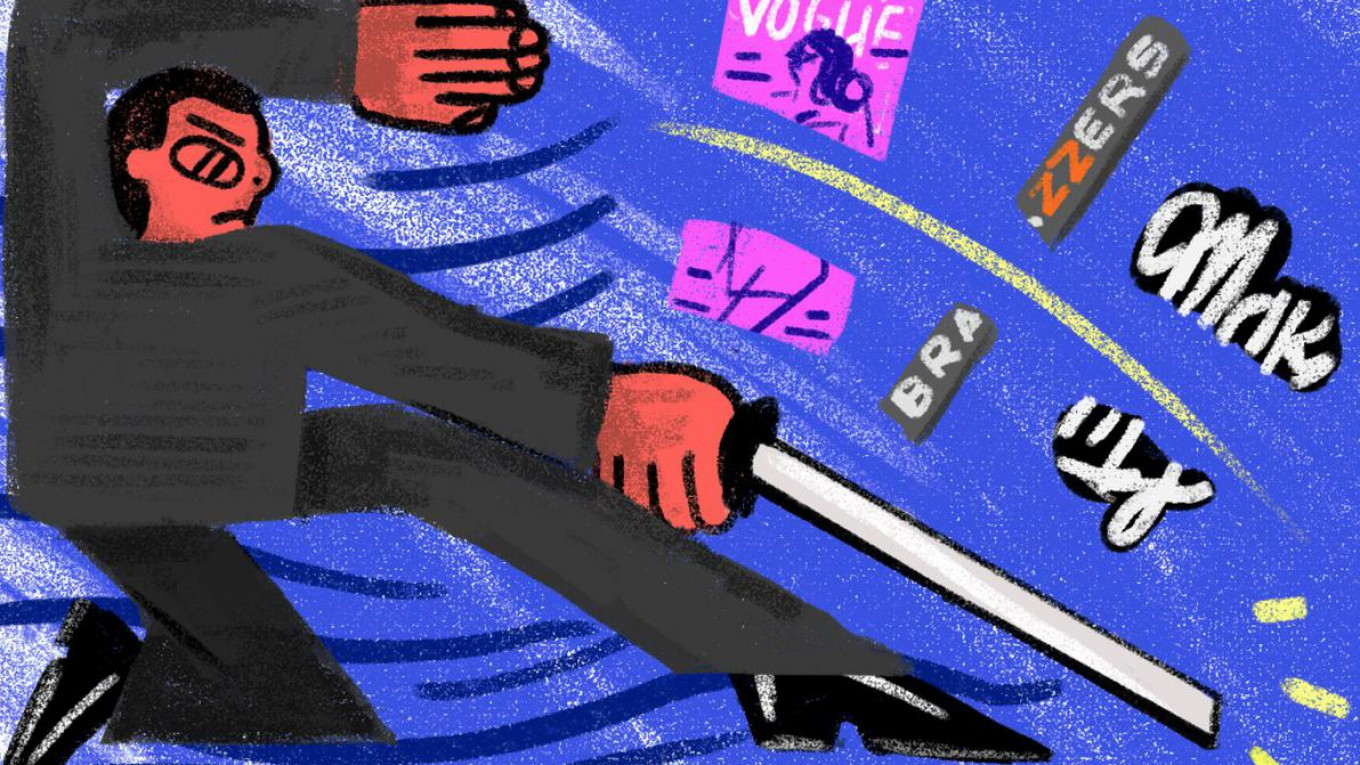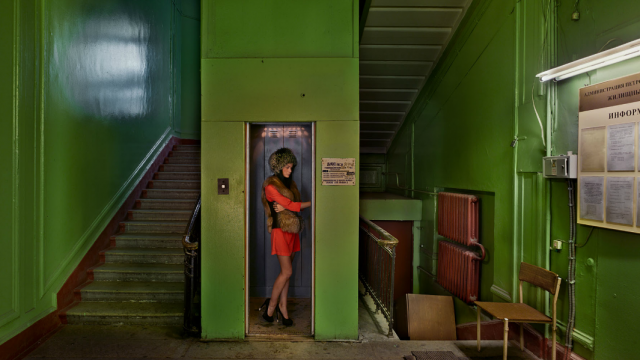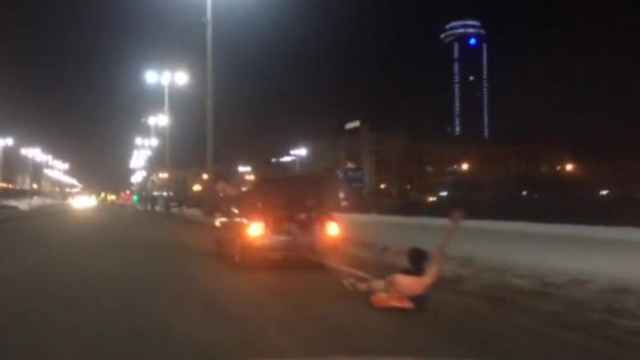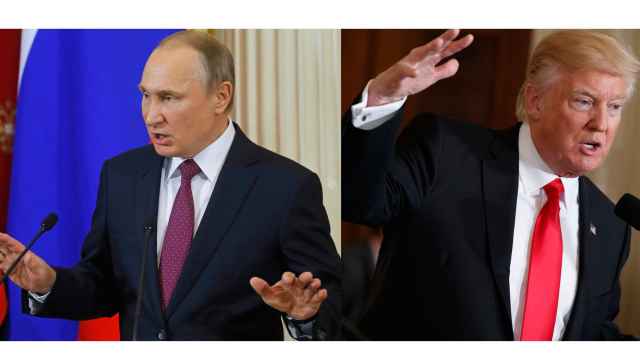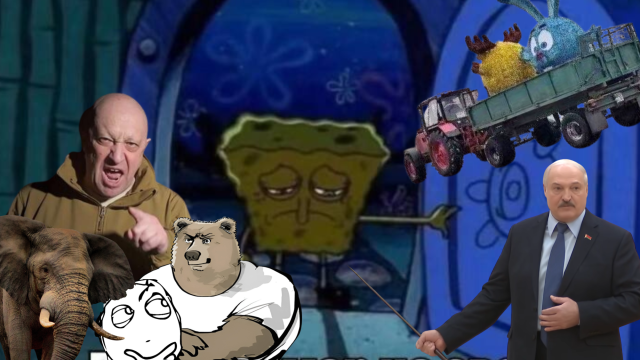Over the past couple of years, Russian censors have gone to war against various corners of the Internet, banning and blocking websites and communities for crimes of profanity and pornography. Each time another popular Web portal bites the dust, the public is left to wonder who took offense this time, and to guess who provided the supposed expertise courts and officials cited to justify the latest act of censorship.
In dozens of these cases, the catalyst turns out to have been Ruslan Okhlopkov, a 38-year-old Russian academic living in the provincial city of Tolyatti, who was unmasked this Monday in an investigative report by the news site Meduza as the man responsible for campaigning to ban Internet porn giants Brazzers and Pornolab, along with nearly a hundred other popular websites and online communities.
It was Okhlopkov who provided police with the damning and vague testimony that Brazzers “has a negative influence on the human psyche.”
His complaints persuaded prosecutors in Samara to take the case to trial in October 2016, and a court later blocked the adult website across Russia.
Ivan Golunov, a special correspondent for Meduza, confirmed that Okhlopkov was the man behind the Brazzers case, but his victory against this purveyor of pornography is only his most recent.
Okhlopkov belongs to a conservative activist group called Political Practice, which has previously targeted a wide array of pernicious phenomena, including Barbie dolls (they promote vulgarity and promiscuity to children), advertisements for OB tampons (they encourage “frivolous behavior”), and even U.S. singer Jennifer Lopez (she “threatens Russia's national security”).
Yes, most of the group's campaigns have failed, but there have been some breakthroughs, too. In June 2015, the group's complaints that the Russian edition of the men's magazine Maxim promoted prostitution helped trigger an unscheduled inspection by police. In the end, the federal government's media watchdog and censor, Roskomnadzor, also fined Maxim.
According to Meduza's report, Okhlopkov alone has helped block almost 100 websites and online communities. His hard work has been recognized by the authorities, too.
In May 2016, Roskomnadzor named Okhlopkov a volunteer expert, working to help the agency identify material that could supposedly “harm” children.
Okhlopkov's new status gives his recommendations additional clout, although Roskomnadzor isn't obligated to follow through on his suggestions.
Russia's decision to ban Brazzers came six months after another adult site, Pornhub, was blacklisted in September 2016. A court in Krasnodar petitioned for the site to be blocked after ruling that the website violates child-protection laws.
Pornhub reacted to the ban by offering Russians 14 days of free access to their premium services. The site also offered Roskomnadzor officials upgraded membership in return for lifting the ban — a deal the agency ultimately refused.
A Message from The Moscow Times:
Dear readers,
We are facing unprecedented challenges. Russia's Prosecutor General's Office has designated The Moscow Times as an "undesirable" organization, criminalizing our work and putting our staff at risk of prosecution. This follows our earlier unjust labeling as a "foreign agent."
These actions are direct attempts to silence independent journalism in Russia. The authorities claim our work "discredits the decisions of the Russian leadership." We see things differently: we strive to provide accurate, unbiased reporting on Russia.
We, the journalists of The Moscow Times, refuse to be silenced. But to continue our work, we need your help.
Your support, no matter how small, makes a world of difference. If you can, please support us monthly starting from just $2. It's quick to set up, and every contribution makes a significant impact.
By supporting The Moscow Times, you're defending open, independent journalism in the face of repression. Thank you for standing with us.
Remind me later.



